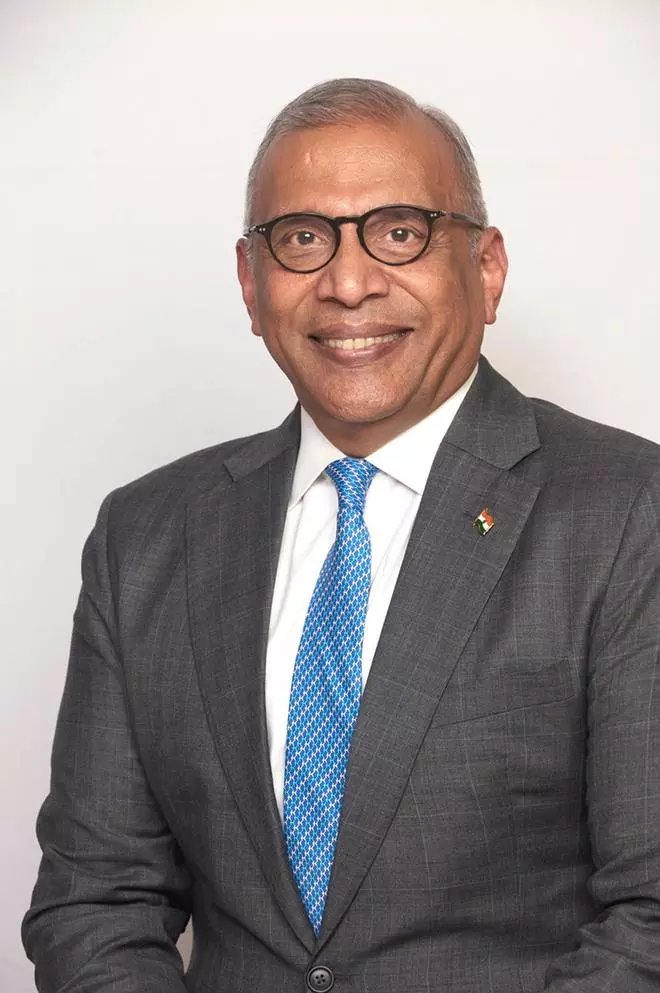The travel and tourism sector represents a vital economic driver. The World Travel & Tourism Council (WTTC) 2024 projects that travel and tourism will contribute almost ₹21.15 trillion to India’s GDP in 2024, a marked 21 per cent improvement compared to 2019. Jobs are predicted to increase by 2.45 million this year, representing one in every 11 jobs in the country.
The travel and tourism sector being a key contributor to the nation’s GDP (8.2 per cent for FY24) and a strong force multiplier across allied sectors, employment generation, and foreign exchange saw mention in the Union Budget, albeit limited
In a unique initiative towards unlocking domestic and inbound tourism, the union budget focussed on the socio-cultural-religious potential of iconic temple corridors via special development funds/ programs: including Gaya’s Vishnupad and Mahabodhi temples (to be modelled on the success of the Kashi Vishwanath temple corridor); comprehensive development of the Rajgir Jain Temple site; rejuvenation of the historical gem of Nalanda and Nalanda University into a major religious-tourist centre. This would have a multi-pronged impact — while positioning India as a vibrant global tourism destination, it also accelerates job creation and economic opportunities for allied sectors.
In a boost to harness the high potential domestic cruise segment, the union budget included a simpler tax regime – to support foreign cruise companies operating in India’s waters.
The budget also focussed on the under-leveraged Odisha tourism opportunity — via support for its rich heritage-history, spirituality, craftsmanship and natural beauty.
The union budget has sustained focus on tourism infrastructure via the capex allocation of ₹11.11 lakh crore (3.4 per cent of India’s GDP). The development of road, rail, air and waterways will ensure a boost to access/connectivity and affordability - force multiplier benefits for tourism and allied sectors.
Tax collected source (TCS) related announcements are also positive. TCS when introduced, was considered disadvantageous to salaried employees as their cash flows were negatively impacted. Post the budget announcement, salaried employees can now avail of immediate credit of TCS paid on account of their foreign travel — against TDS on salary. This considerably enhances the purchasing power of Indian consumers.
Pending stimulus
Our long standing demand of granting infrastructure/industry status — a critical stimulus to harnessing the travel and tourism growth engine, was left unrealised. Aviation and hospitality, key pillars in India’s tourism agenda saw no mention in the Budget announcement and both standardisation of GST rates on hotel tariffs to 12 per cent and reduction of ATF were unaddressed.
Visibility is critical to catalyse demand for inbound tourism. We expected the government would reinstate the advertising budget for overseas promotion of inbound tourism. We are disappointed to note that this has not happened. The SEIS (Service Exports from India Scheme) that was discontinued should have been reinstated, as this is meaningful towards encouraging inbound tourism, foreign exchange receipts and a force multiplier for employment generation
Enhancement of the LTA scheme to annual (vs the current twice in four years) would have been catalysed the government’s meaningful Dekho Apna Desh initiative.

Madhavan Menon, Executive Chairman, Thomas Cook India
(Madhavan Menon is Executive Chairman, Thomas Cook India)





Comments
Comments have to be in English, and in full sentences. They cannot be abusive or personal. Please abide by our community guidelines for posting your comments.
We have migrated to a new commenting platform. If you are already a registered user of TheHindu Businessline and logged in, you may continue to engage with our articles. If you do not have an account please register and login to post comments. Users can access their older comments by logging into their accounts on Vuukle.